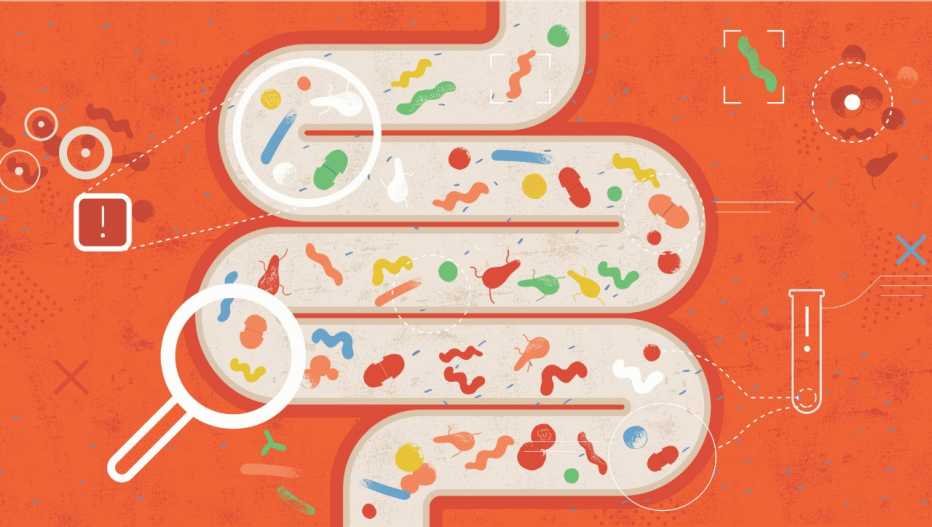AARP Hearing Center


The state of your digestive health may hold a few clues to your brain health, according to new research presented at the 2023 Alzheimer’s Association International Conference. Scientists are learning that everything from the frequency of your bowel movements to the type of bacteria in your gut could affect thinking and memory skills as you age, adding to a growing body of evidence that taking care of your brain requires more than just a neck-up approach.
“Our body systems are all interconnected,” Heather M. Snyder, vice president of medical and scientific relations at the Alzheimer’s Association, said in a news release. “When one system is malfunctioning, it impacts other systems. When that dysfunction isn’t addressed, it can create a waterfall of consequences for the rest of the body.”
In one study presented at the conference, a team of researchers led by Chaoran Ma, M.D., with the University of Massachusetts Amherst, found a link between constipation and worsening cognition — the ability to think, learn and reason.
Looking at three different studies of more than 110,000 people combined, the researchers found that people who went three days or longer without pooping had “significantly worse cognition” (the equivalent of three years of additional aging) compared to people who had a bowel movement every day.
Ma says the researchers also found that bowel movement frequency was “tightly linked to the gut microbiome,” or the community of bacteria and other microbes living in the digestive system that aid with digestion and other important functions throughout the body. Levels of specific types of microbes — for example, fewer bacteria responsible for digesting fiber and fewer bacteria that produce a substance known as butyrate, which is a fuel source for gut cells — were associated with worsening cognition.





































































More From AARP
Take the Cognitive Assessment
Find out how you perform today in five key areas, including memory and attention
5 Best Foods to Relieve Constipation
Yes, prunes are #1, but the rest may surprise you. Plus, learn common foods to avoid
6 Ways to Get an Accurate Alzheimer's Diagnosis
Latinos are especially vulnerable to cultural barriers that prevent early detection